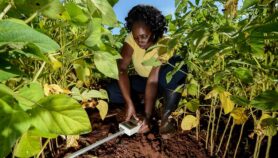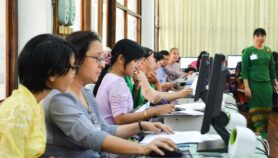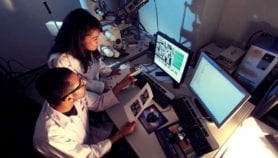Send to a friend
The details you provide on this page will not be used to send unsolicited email, and will not be sold to a 3rd party. See privacy policy.
Over the past two years, the World Health Organisation (WHO) has worked with publishers to improve online access to scientific resources in the developing world through its HINARI programme, which gives institutions in poor nations free or reduced-price access to more than 2,300 journals.
In this article, Barbara Aronson of HINARI explains how the initiative has developed over time, and how it has made a real difference to scientists in some of the poorest countries in the world, including Ethiopia, Nepal, Sudan and Vietnam.
It is probably impossible to show a direct connection between improved access to information and improved health, she says, as so many other factors, such as failing health services, poor nutrition and lack of clean water, contribute to poor health. But there is no doubt that HINARI has been of great service in reducing the intellectual isolation of world-class researchers in developing countries.
Link to full article in the New England Journal of Medicine
Reference: NEJM 350, 10 (2004)













